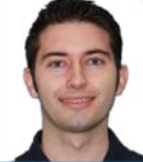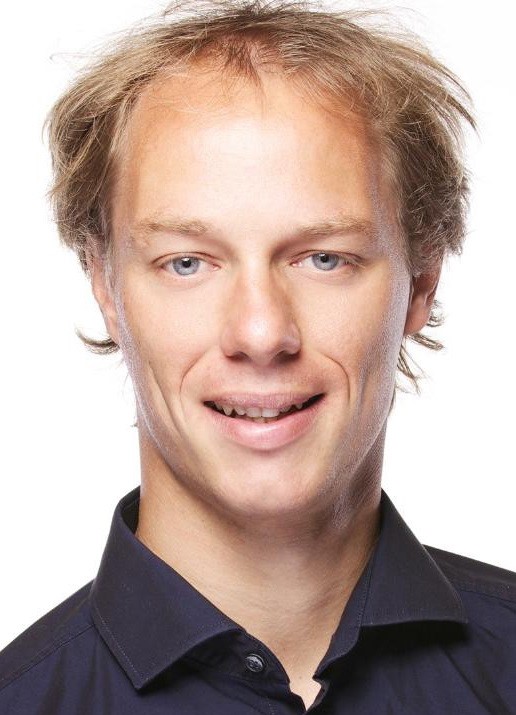16th European Dependable Computing Conference
7-10 September 2020
Munich, Germany
Keynotes
| Sep 8th, 2020: | Ignacio Alvarez, Intel Corporation, LinkedIn | |
| Sep 9th, 2020: | Peter Schlicht, Volkswagen AG, LinkedIn | |
| Sep 10th, 2020: | Martin Rothfelder, Siemens AG, LinkedIn |
Towards Universal Safety Guarantees of Decision Making in Automated Vehicles
Ignacio Alvarez
Senior Research Scientist, Autonomous Driving Research Lab, Intel Labs
Tuesday, Sept. 8, 2020
Mass deployment of highly automated driving technology on the road requires that the industry comes to an agreement on measurement and guarantees of safety in AV decision making. This talk introduces Intel Lab’s solutions and recent technical contributions towards measurement and standardization of safety and the democratization efforts with academic, industry and regulatory communities.

Challenges for Artificial Intelligence in Automated Driving
Peter Schlicht
Volkswagen AG
Wednesday, Sept. 9, 2020
After introducing the concepts for automated driving and the usage of Deep neural networks therein, we present major challenges arising from and around the application of DNNs in self driving systems.

With his team, he is working on artificial intelligence for automated driving. Particularly, he is interested in methods for monitoring, explaining and robotizing deep neural networks, as well as investigating safety aspects for DNNs in automated driving systems.
.
Public transport: Challenges and Opportunities for Dependability
Martin Rothfelder
Research Group Head, Siemens AG
Thursday, Sept. 10, 2020
Martin Rothfelder will discuss different applications of like autonomous shuttles, or ADAS-like support for train drivers. Differences to mass-products like consumer cars will be elaborated with respect to challenges for safety, reliability, and approval. How open are design domains? How to perform a Hazard Identification and Risk Analysis? How safe is safe enough? He will discuss advantages of infrastructure support for perception and options for safety cases for such approaches. Questions like: Which (A)SIL is appropriate? Is assigning ASILs appropriate? What are limitations? Challenges, advantages and limitations of methods and tools for safety cases are discussed.
